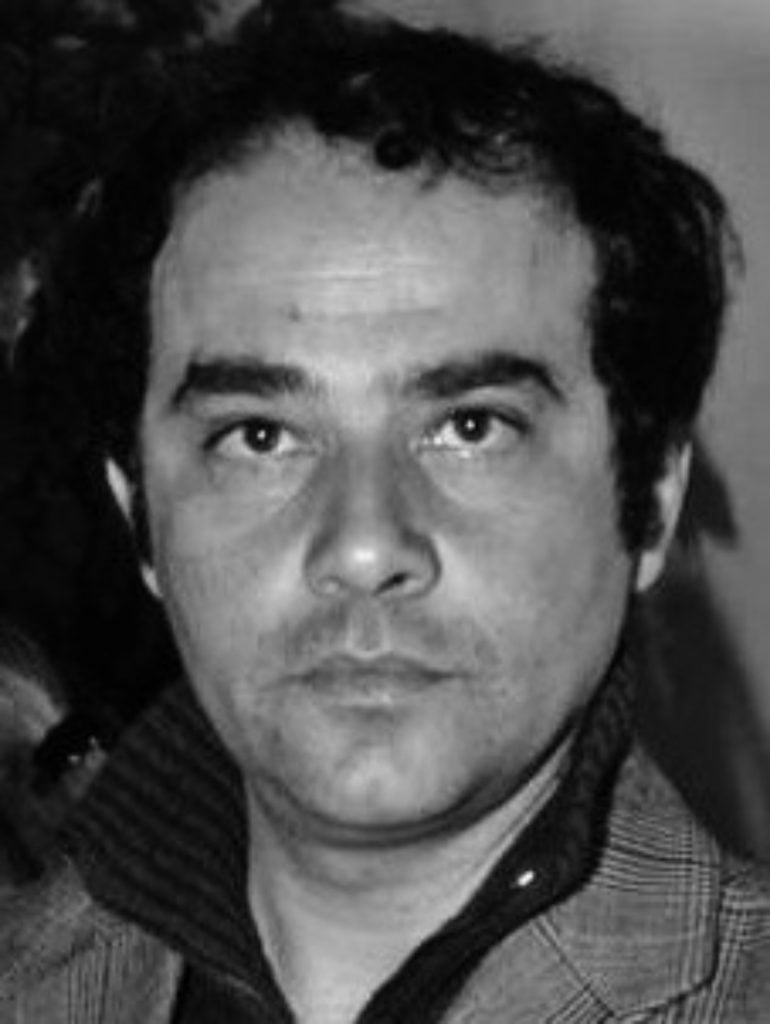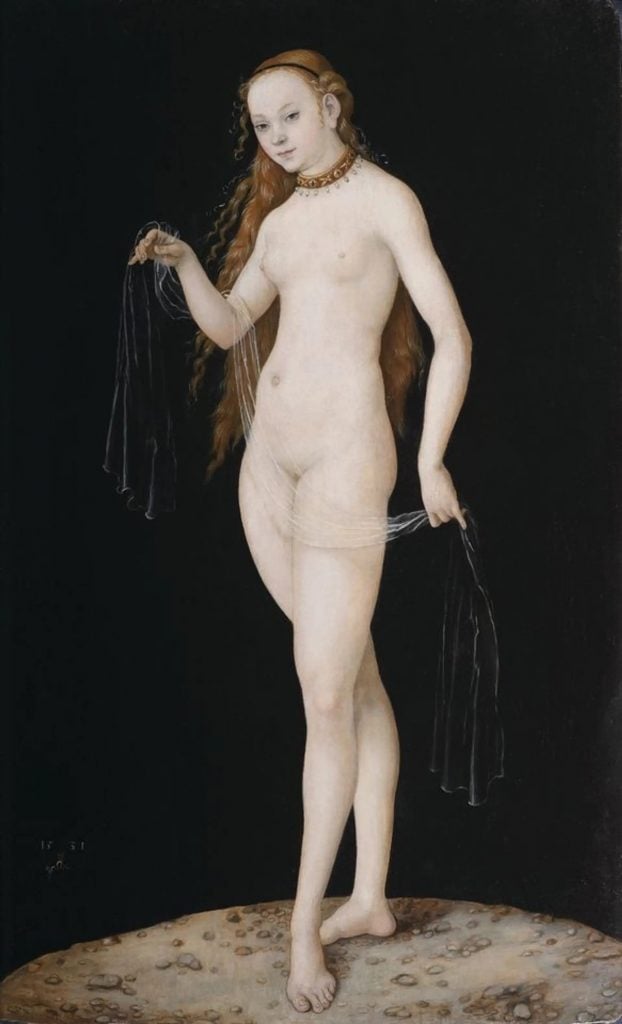Crime
Italian Police Have Arrested Suspected Forger Pasquele ‘Lino’ Frongia for Allegedly Faking Paintings by Franz Hals, El Greco, and Others
The forgery ring is believed to have been masterminded by French collector Giuliano Ruffini.

The forgery ring is believed to have been masterminded by French collector Giuliano Ruffini.

Sarah Cascone

Once again, Italian authorities have arrested Pasquale “Lino” Frongia, the artist suspected of forging a string of Old Master paintings that have appeared at high-profile museums and made millions at auctions by passing as the work of Frans Hals, Orazio Gentileschi, Diego Velázquez, El Greco, and Parmigianino, among others.
The 65-year-old painter was first apprehended in 2019, under a warrant from French judge Aude Burési, who is investigating the forgery ring believed to have been masterminded by Giuliano Ruffini, a French art collector. But the court in Bologna declined to extradite Frongia, citing inconsistent charges. After Burési issued a new European warrant, police arrested Frongia in Emilia, according to the Art Newspaper.
The long-running investigation into the fake Old Masters first made headlines in 2016, when authorities raided an exhibition featuring the collection of the prince of Lichtenstein on view at the Caumont Centre d’Art in Aix-en-Provence. They seized the centerpiece of the show, a stunning painting of Venus believed to be by Lucas Cranach the Elder.
Soon, more paintings began to fall under suspicion, all linked to one name: Ruffini. Rumors had been circulating about his ties to forgeries for years—Italian police had even raided his home prior to the Cranach seizure—and now, one by one, the individual works are being flagged as fakes.

Lucas Cranach the Elder, Venus (1531). The painting is now believed to be a fake. ©Liechtenstein. The Princely Collections, Vaduz–Vienna.
In his defense, Ruffini has both denied the forensic analysis identifying the works as contemporary fakes, and insisted that he never claimed that any of the paintings were authentic Old Masters—the attributions to some of art history’s biggest names were first raised by the experts, not him.
Last November, Ruffini was reportedly on the run; police arrested him the following month and extradited him to France. He is currently under house arrest, facing charges of gang fraud, forgery, and money laundering.
The collector’s son, Mathieu Ruffini, is also suspected of being involved. Financial records show that the younger Ruffini made several payments to Frongia, including a $740,000 wire transfer in 2007. He was charged with money laundering and is out on bail.